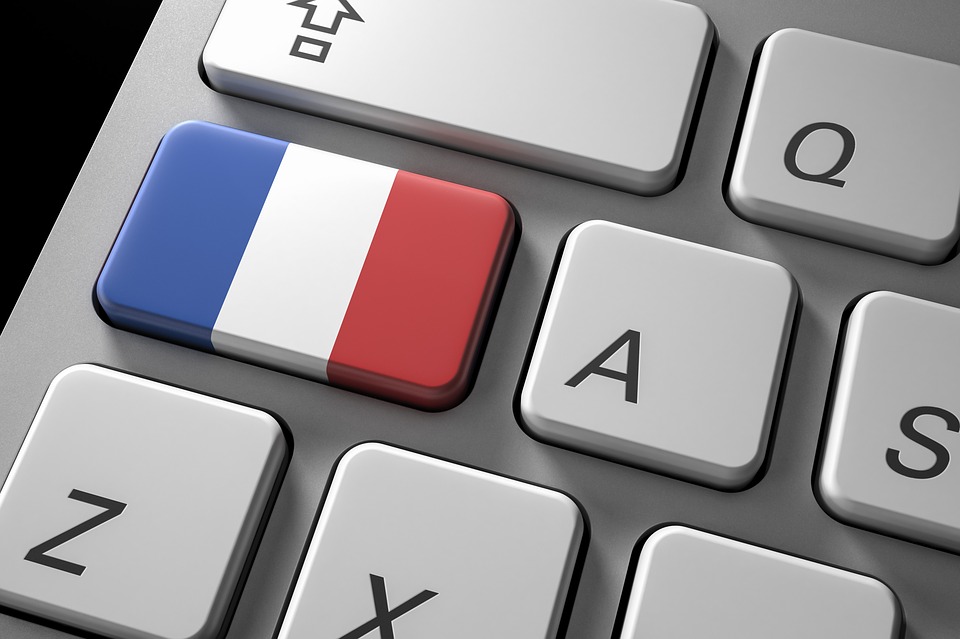Huawei, the Shenzhen based technology company, has announced the launch of a smartphone that will use the famous cryptocurrency. It will use BTC.com’s platform as a Bitcoin wallet on its smartphones. New devices coming out of Huawei factories will integrate Huawei AppGallery that will give access to the Bitcoin wallet. “Cryptocurrencies have recently expanded the human understanding of digital economy at a large scale … We expect to see massive growth in global cryptocurrency adoption habits in the near future,” said the vice president of Huawei Mobile Services, Dr. Jaime Gonzalo. Through the app, users will be able to buy products and services with Bitcoins. They will also have the possibility to follow cryptocurrency mining and get blockchain informations. It will also be an opportunity for Chinese customers to have a taste of cryptocurrency. So far, Google Play on Android and Apple’s App Store were not allowed by Chinese authorities…
No doubt, “blockchain” is the hottest buzz word being discussed across all industries, and telecommunications is no exception. The blockchain is being proposed for use in various applications in the telecommunications industry, such as securing CDRs, billing data and access logs, ensuring data authenticity or ensuring strict operational procedures. Blockchain will certainly optimize costs by eliminating third-parties such as clearing houses, automating audits and improving fraud detection. However, there is one area where the use of blockchain technology has the potential to not only benefit the operators, but will have a revolutionary impact on the way we all understand, use and protect our identities. The Phone Number as your Digital ID Our phone number is our most valuable digital identity, and will remain the only unique international method of identification well into the future. The PSTN, which is wholly based on the use of phone numbers, is the largest social…
French researchers are starting to work on the blockchain! Inria, Télécom ParisTech, Télécom SudParis and SystemX signed a framework agreement on Tuesday March 6th, to coordinate their research efforts in the blockchain area. Called “Bart” (Blockchain Advanced Research & Technologies), this initiative will last for six years and will mobilize thirty researchers. Its aim is to remove the technological barriers that slow down the deployment of blockchain-driven data storage, a technology which is currently attracting the interest of many industries. Three main challenges will be addressed: 1 – Scaling up In one second, six or seven transactions took place on the Bitcoin blockchain, versus several thousand for the Visa credit card system. This slowness limits the use of the blockchain on a larger scale. The problem is due to the validation technique required for transactions, with transactions being grouped into blocks that must be validated by a computer calculation process called mining. Typically, it takes about…






